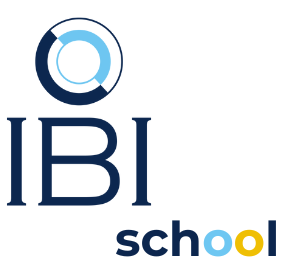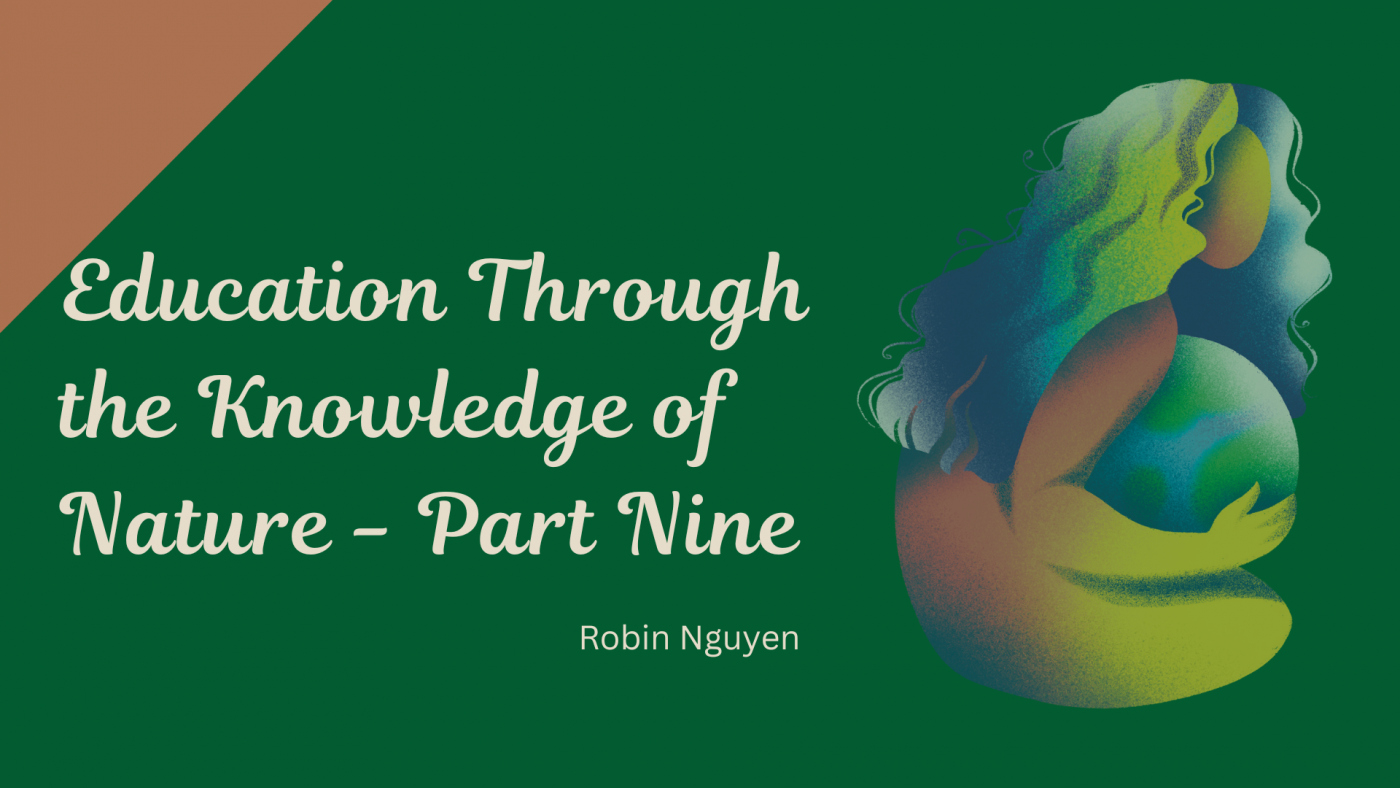“One of the biggest issues today is our disconnect from nature—a trend that alarmingly extends even to younger generations.” Robin Nguyen
Part 9: Knowledge versus Skills
I’ve noticed that many parents emphasize theoretical learning—pushing kids to chase top grades—yet overlook the crucial step of applying that knowledge in real life. Without real-world practice, facts and formulas remain hollow: knowledge only becomes powerful when it’s transformed into skill.
It’s common to meet students who ace every test but freeze up during a presentation or stumble through a simple conversation. Knowledge is like a torch—it lights the way—but unless you walk the path, you’ll never truly master it.
Every subject demands hands-on exploration. You can study art history all you like, but until you pick up a brush and make a stroke, your understanding stays abstract. You can learn every equation in algebra, yet if you don’t solve real problems, math remains just symbols on a page. Knowledge lays the groundwork; skills build the bridge to change.
Personally, I always pair study with immediate application. As soon as I grasp a concept, I test it in the real world. That’s when gaps appear, forcing me to refine my understanding—and that’s where real learning happens. I see knowledge as only 1/3 the equation. Once we put it to work, we often discover new questions, which send us right back to the drawing board to learn more.
This cycle—do, fail, learn, repeat—is the engine of mastery. With each iteration, you sharpen your skills, boost your creativity, and strengthen your problem-solving muscle. In the end, it’s not just what you know, but what you can do with it that shapes a better future.
Secondly, I’ve noticed that when students concentrate almost exclusively on theory, they often lose confidence and struggle with social interactions. They can come across as awkward or overly shy, act on impulse, or even have emotional outbursts—and overall their emotional intelligence remains underdeveloped.
Remember that everything around you—from the tiniest atom to the products you use—originates in nature. Real life is nature, and nature is real life. So dive into life headfirst: through experience you’ll learn more, understand deeper, and grow in ways no theory alone can achieve.
Author: Robin Nguyen


